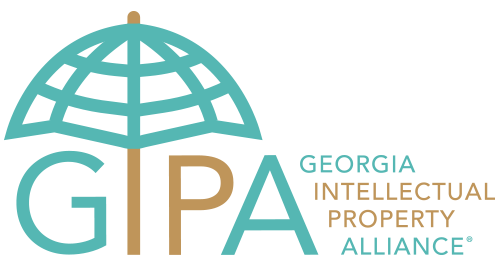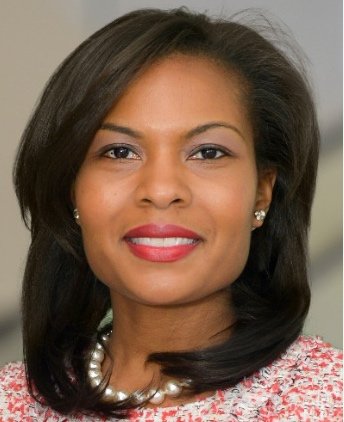Diversity, Equity & Inclusion
GIPA recognizes that the definition of success requires deliberate and intentional focus on diversity, equity, and inclusion (DE&I). Only by leveling the IP playing field will all people have equal access to IP protection, and opportunities for professional careers in IP.
The need for work in this area is illustrated by the demographics of practitioners registered to practice before the United States Patent & Trademark Office. In the state of Georgia, women account for 24.43% of USPTO registered attorneys and agents (with 75.6% of those women being patent attorneys and 24.4% being agents), racial minorities account for 9.93% of USPTO registered attorneys and agents, and racially diverse women account for 2.12% of USPTO registered attorneys and agents in the state. While there is a long way to go, these numbers place Georgia third in the country. Elaine Spector and Latia Brand, Diversity in Patent Law: A Data Analysis of Diversity in the Patent Practice by Technology Background and Region, Landslide 13(1) (2020).
GIPA continues its efforts to change the narrative and build on its DE&I commitment by ensuring that diversity, equity, and inclusion are essential parts of our organization, governance, ecosystem, and programs. In furtherance of this, the diversity and inclusion pillar has adopted the following goals:
Become a prominent voice to increase diversity in the IP profession and become more inclusive.
Work with organizations focused on DE&I, especially supporting and building the pipeline for minorities who qualify to practice within the IP profession.
Support tangible causes that promote equal justice and fairness for all.
Partner with and support programs across the USIPA umbrella organization to increase diversity within their states and regions.
Increasing Diversity in Innovation
Innovators of all types have shaped many aspects of the world throughout the centuries. However, findings by WIPO and leading researchers show some groups remain severely under-represented in many areas of intellectual property use. All of the data suggests that the world has missed out on millions of inventors. Below is a list of different initiatives seeking to increase diversity amongst innovators.
The Diversity Pledge is a commitment to working to understand and address the issue of underrepresented inventors. The pledge was launched in July 2021 by the US IP Alliance and UC Berkeley Fung Institute, and is currently signed by many of the world’s largest companies and innovators.
The Intellectual Property Owners Association formally launched the Diversity in Innovation Toolkit in September 2019 to provide corporate IP departments with information and resources on how to raise awareness of the issue of underrepresented inventors.
Increasing Diversity in the IP Profession
The legal profession, particularly the IP profession, has long struggled with how to address the gender and racial disparities across law firm and corporate legal departments. Despite decades of efforts, the gaps persist. Below is a list of different initiatives seeking to increase diversity amongst the IP professionals.
The Patent Pipeline Program (PPP), launched by Meta in partnership with the National Council on Patent Practicum (“NCPP”) is a limited-term program which seeks to increase the number of women and minorities within the patent profession, while continuing to foster relationships with partner firms that have prioritized diversity efforts.
The Intellectual Property Owners Association Diversity & Inclusion Committee published the Practical Guide to Diversity & Inclusion. The most recent version was published in 2021 and has been designed to be used to understand and improve Diversity & Inclusion (D&I) of legal professionals – especially lawyers – in law firms and corporate legal departments.
The Diversity Lab is an incubator for innovative ideas and solutions that boost diversity and inclusion in law. Through hackathons and other initiatives, experimental ideas are created and piloted in collaboration with more than 300 top law firms and legal departments across the country. Diversity Lab leverages the data, behavioral science, design thinking, and technology to further develop and test the ideas, measure the results, and share the lessons learned.
The Foundation for Advancement of Diversity in IP Law, formerly the AIPLA Education Foundation, seeks to support members of underrepresented racial and ethnic groups in their pursuit of careers in intellectual property law in the United States. Today, the program offers expanded support for STEM-educated individuals in efforts to secure a legal education and prepare for a career in patent law, including support in obtaining internships and clerkships, securing membership in the patent bar, and opportunities for scholars to engage with experts and leaders in the patent law field during the law school admissions process and throughout their law school experience.




